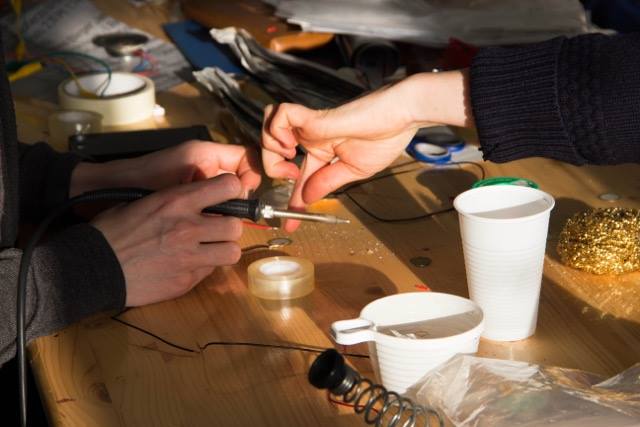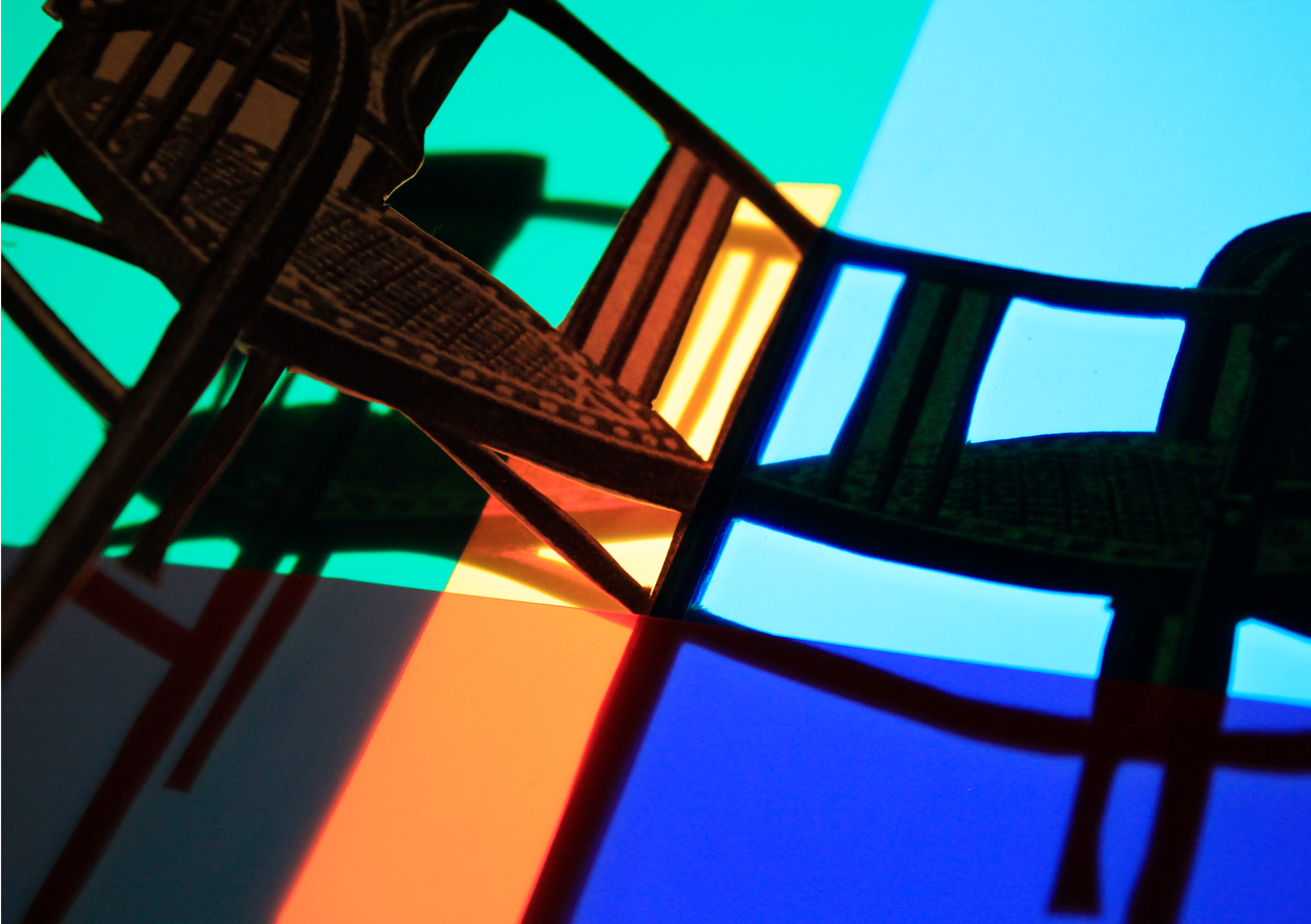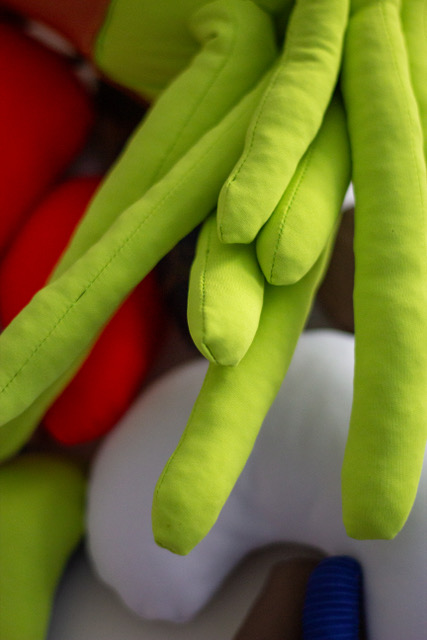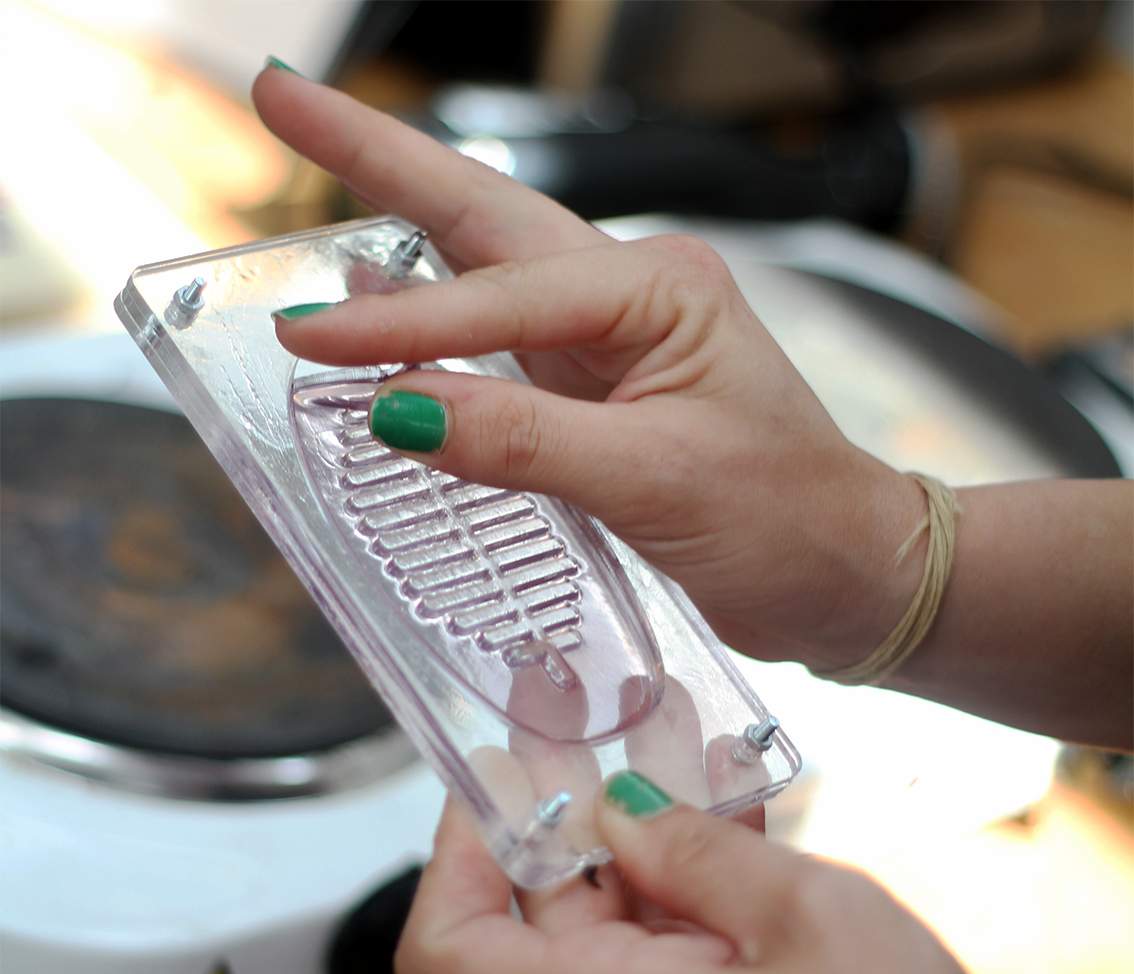Tag: wearable technology
-

Future Technical Sex Objects Workshop with Panda Panda member
Christmas Comes Early This Year… On Wednesday December 7th from 18-21 we will host a workshop about people exploring technology in a very personal way. We’ll be brainstorming concept for […]










